
Fallout 5 is still in the early stages of development, yet intriguing speculation has emerged regarding its potential to break the established pattern of the franchise by serving as a direct sequel to Fallout 4. The franchise has experienced ups and downs since the release of Fallout 4, which, despite its overall success, made several notable changes that set it apart from its predecessors. The subsequent installment, Fallout 76, initially struggled to find its footing but has made significant strides in recovery, although it still hasn’t performed as expected. Fortunately, the franchise has been buoyed by the popularity of a new live-action series.
At this point, very little is confirmed about the storyline or content of Fallout 5. Bethesda Game Studios, currently focused on The Elder Scrolls 6, has not released many details. Notably, certain concepts were deliberately excluded from the live-action series, suggesting they might be integrated into the upcoming game. This raises questions about whether the game will be set in a familiar environment or if it will carry thematic similarities, though it’s important to note that all this remains speculative given the project’s distance from launch.
Advantages of Fallout 5 Being a Direct Sequel
Continuing Established Story Arcs
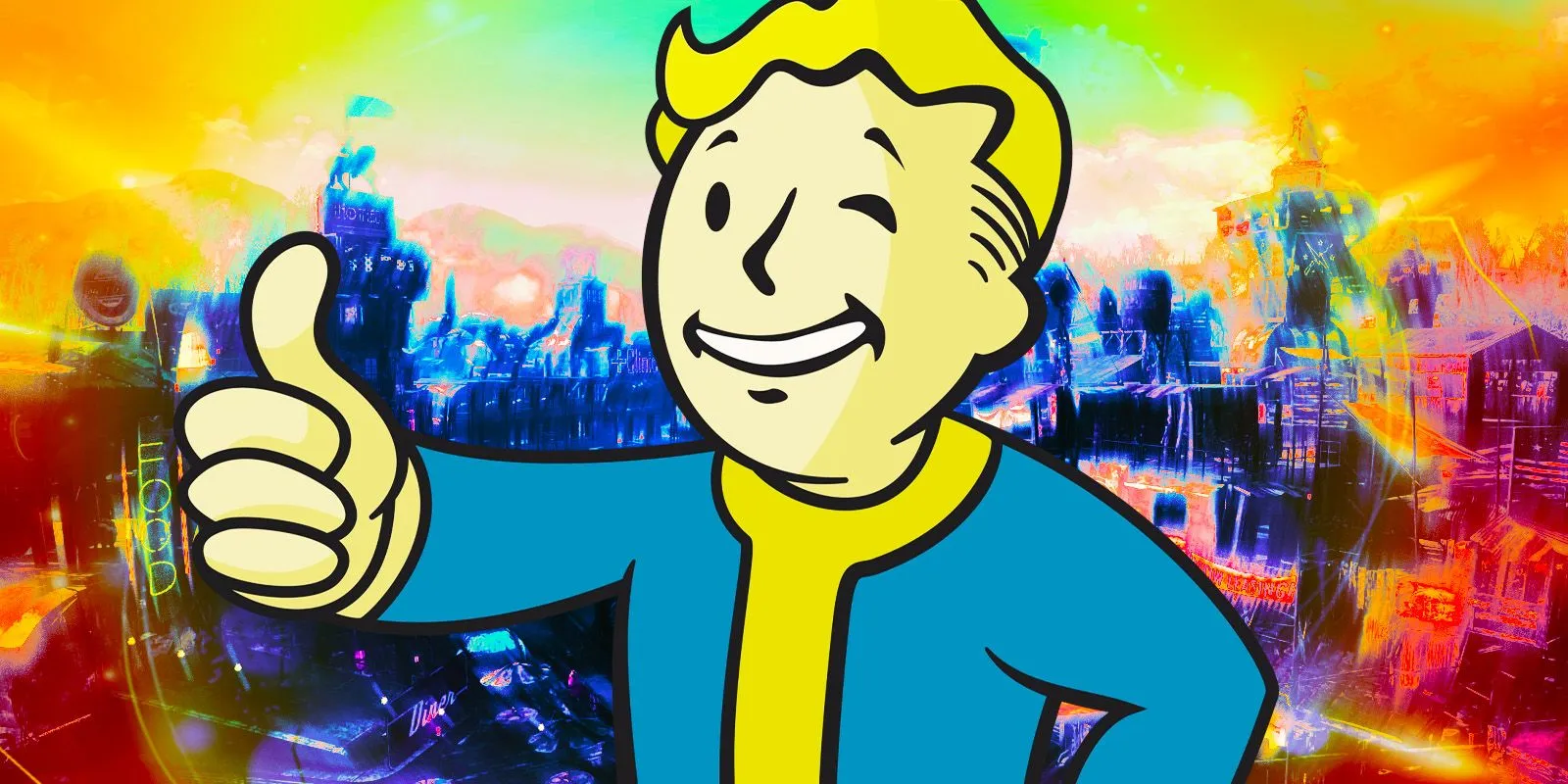
One substantial advantage of Fallout 5 being a direct sequel to Fallout 4 is the opportunity to expand upon the narratives introduced in the previous game. Fallout 4 intricately wove multiple storylines involving factions like the synths and the Brotherhood of Steel, as well as introducing fresh concepts. A direct sequel could evolve these narratives further, possibly even shifting away from the original setting while retaining core factions and thematic elements.
Evidence from the live-action series suggests that the “Brotherhood”storyline may be considered canon, which opens up avenues for continuing this narrative thread. With the Brotherhood seemingly at its zenith, it offers the potential for this faction to emerge as a dominant force in a post-apocalyptic landscape.
Another fascinating angle could involve the remaining “Synths.”Despite the destruction of the Institute, many Synths managed to escape. This event could give rise to a new faction equipped with the Institute’s historical knowledge, particularly if the game designates a setting farther west, illustrating how different regions adapt to emerging influences.
Lastly, while it’s less likely, there lies the potential of revisiting the Sole Survivor character. The Fallout series has traditionally refrained from featuring returning protagonists, but incorporating the Sole Survivor could provide a distinctive perspective by intertwining their journey with the broader franchise narrative.
Drawbacks of Fallout 5 Being a Direct Sequel
The Risk of Reducing Creative Freedom
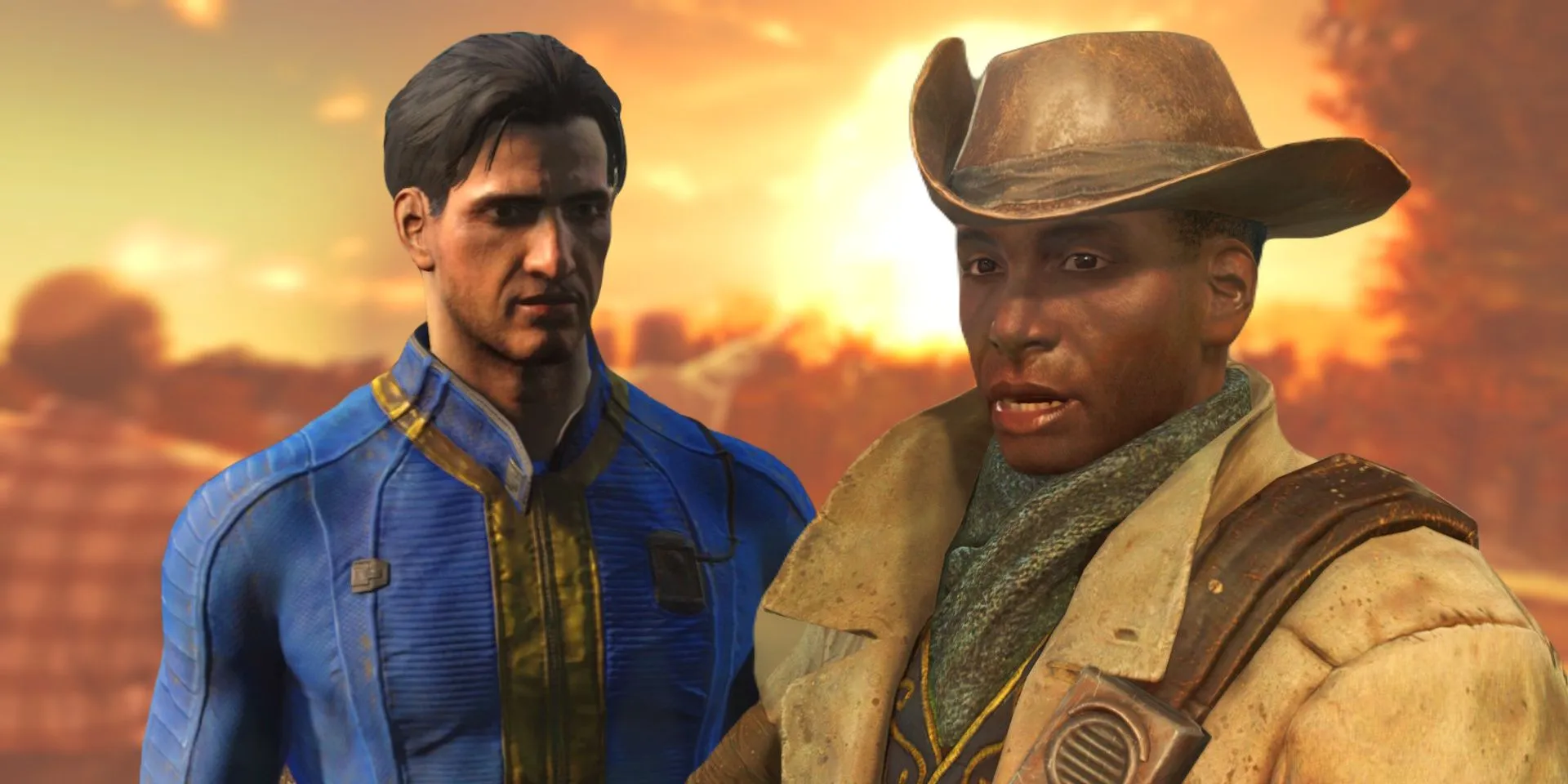
While the prospect of a direct sequel has its advantages, several drawbacks emerge as well. Chief among these is the concern that the franchise’s hallmark freedom might be compromised. With Fallout 4 establishing a clear narrative ending, the sequel may struggle to present significant player choices, which are central to the Fallout experience. The focus on a predetermined storyline could shift the game away from its traditional role-playing roots.
Additionally, as Fallout expands into other media realms, maintaining independence across the franchise becomes essential. Overconnecting storylines could stifle creative innovation, limiting the ability to develop unique narratives without needing to align them strictly with existing lore.
Reasons Fallout 5 Should Stand Alone
The Importance of a Self-Contained Narrative
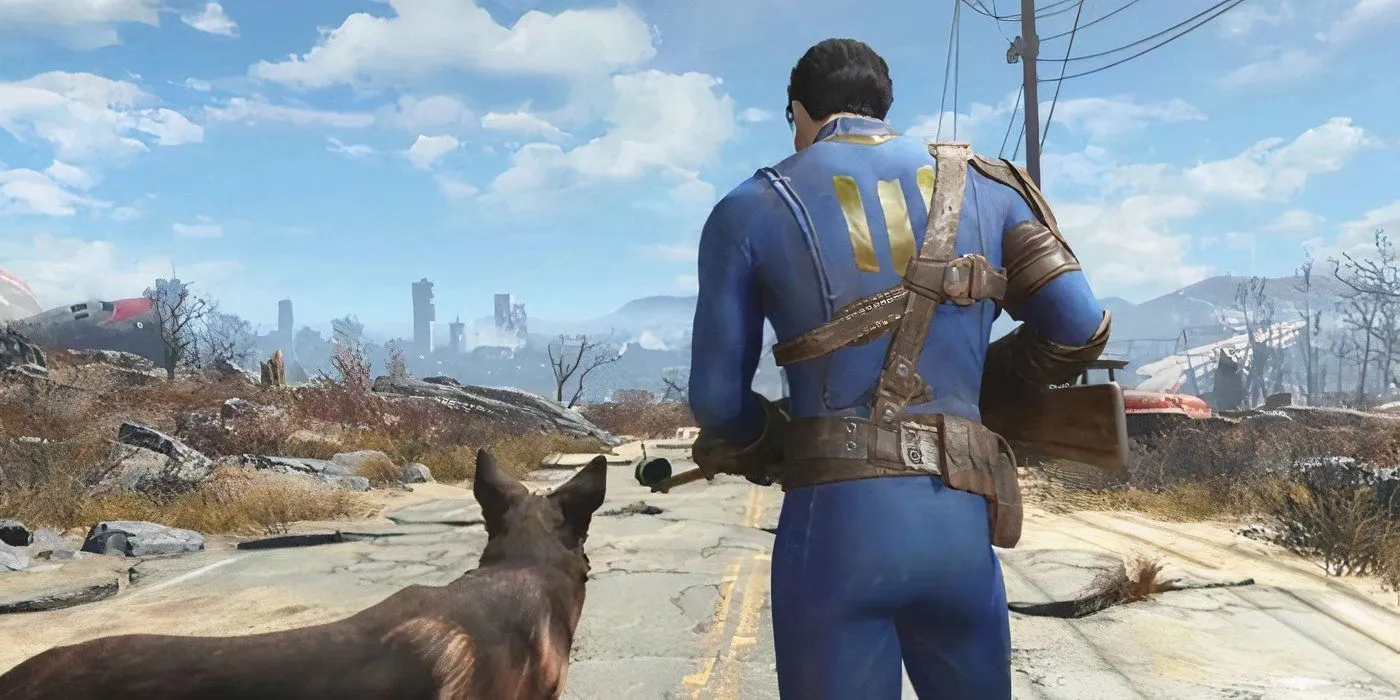
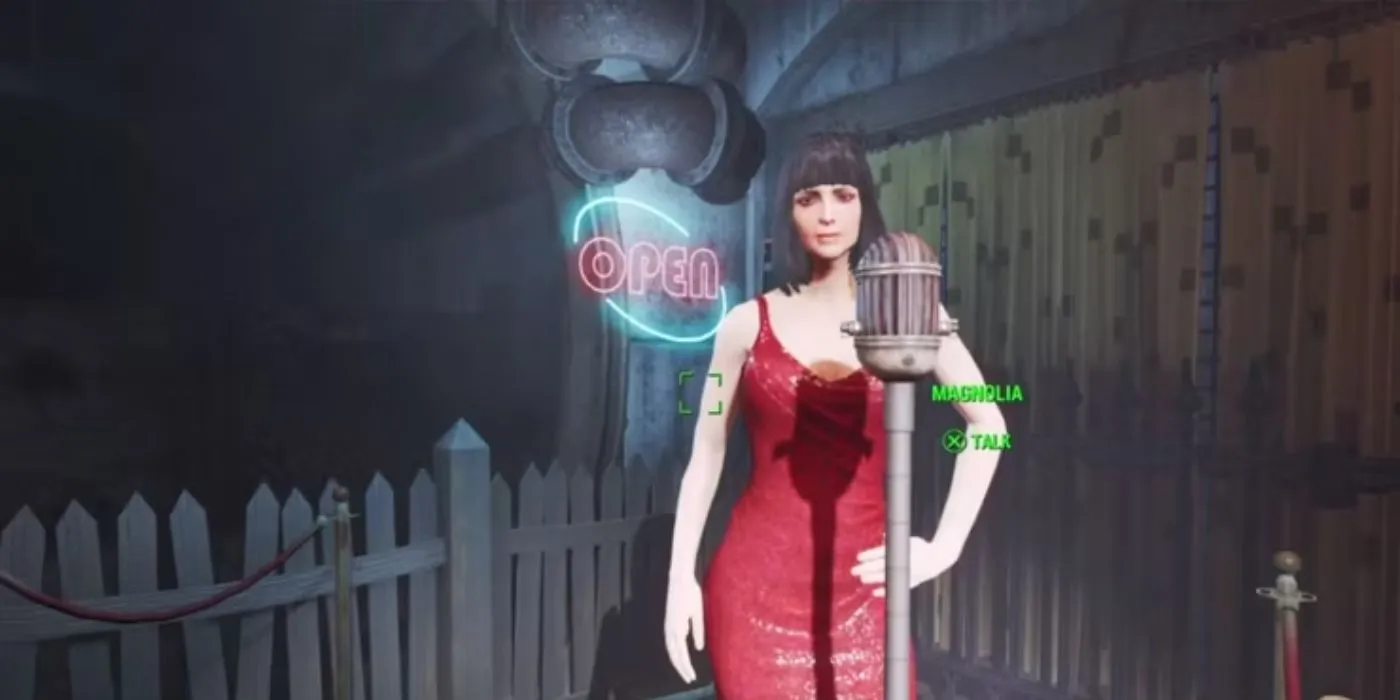
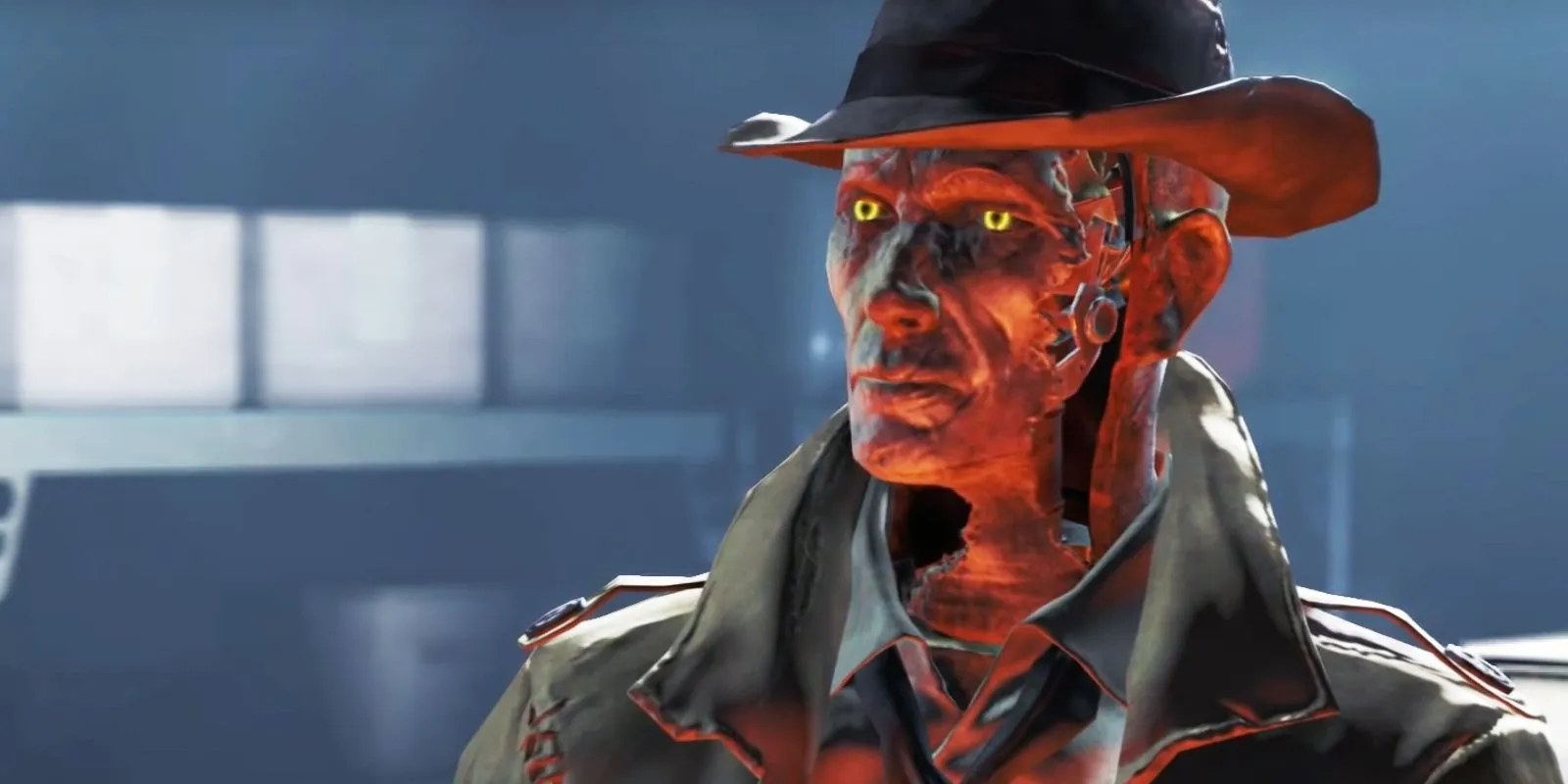

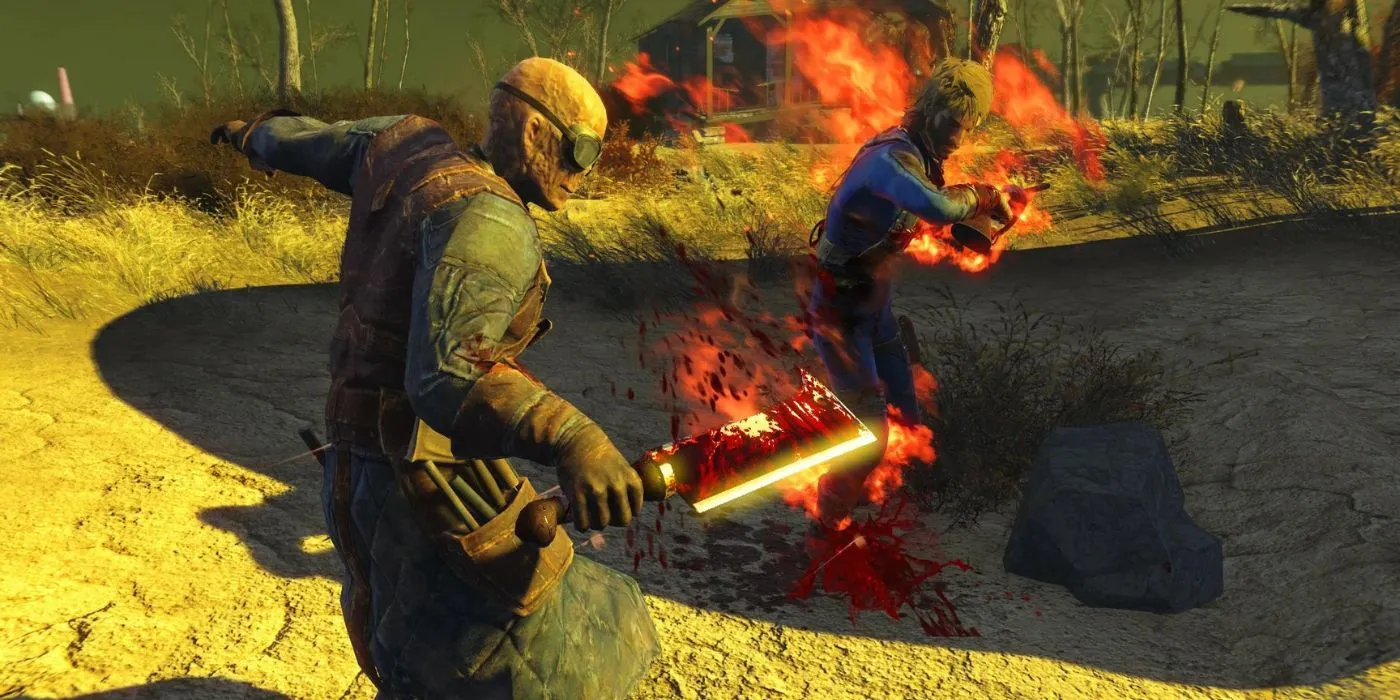
At its essence, Fallout thrives on storytelling that can exist independently, allowing for broader themes and narratives while remaining self-contained. Thus, moving forward, it would be beneficial for Fallout 5 not to be a direct sequel to Fallout 4. This approach would grant the new title the creative freedom to explore new ideas while preserving the core elements that make the franchise beloved.
Interestingly, there is potential for Fallout 5 to act as a follow-up to the live-action show, which could conclude before the game’s launch. Integrating thematic elements from the show could enhance player engagement and tap into its popularity. However, this remains a speculative option that diverges from traditional franchise practices.
In summation, the detailed intricacies surrounding Fallout 5 will likely remain under wraps as Bethesda continues development. Given the mixed response to Fallout 4 and the troubled launch of Fallout 76, the studio may opt for a return to the franchise’s roots: storytelling that showcases isolated adventures shaped by player choices. Stripping away this fundamental aspect could detract from the immersive experience players expect from the Fallout series. Therefore, Fallout 5 should carve out its own identity rather than simply extending the narrative of Fallout 4.




Leave a Reply